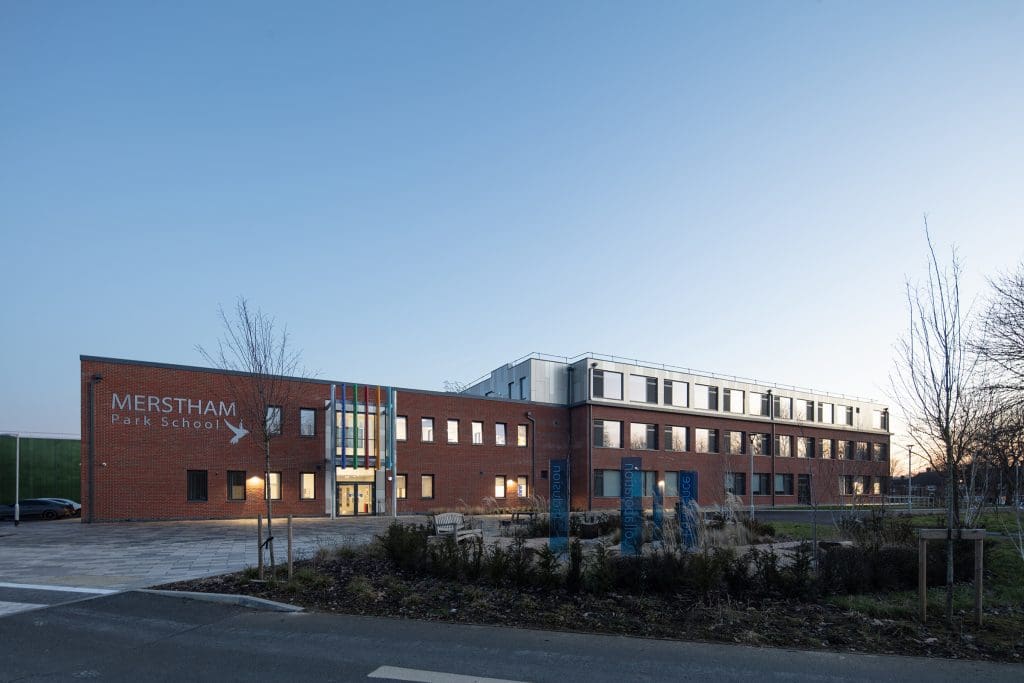The education sector is constantly evolving to meet the changing needs of students and educators. As a result, educational institutions are seeking innovative solutions that can provide functional, flexible, and cost-effective spaces for learning. Modular construction is becoming an increasingly popular option for creating educational facilities that are tailored to specific needs and requirements. In this blog post, we will explore the top benefits of modular construction for the education sector.
Customisation and Flexibility
Modular construction offers customisation and adaptability for educational facilities, allowing for a high degree of design flexibility. Modules can be designed to meet specific needs and requirements, allowing for the creation of unique and functional spaces in schools and universities. This adaptability is particularly useful in the education sector, where facility requirements may change over time. For example, modular construction has been used to create temporary classrooms during renovation projects, providing students with uninterrupted learning experiences.
Time Savings and Increased Efficiency
Modular construction can save time and improve project efficiency by up to 50% compared to traditional construction methods. Due to the fact modular components are manufactured offsite, construction can occur simultaneously on-site, accelerating project timelines.
For example, modular construction has been used to complete school projects faster and with fewer disruptions to school operations. Time savings can lead to reduced costs and increased funding for educational institutions, enabling them to provide better student resources.
Quality Control and Sustainability
Modular construction can improve quality control and sustainability for educational facilities compared to traditional construction methods. Offsite manufacturing and controlled environments can lead to better quality control and less waste, ensuring a higher level of quality for the finished product.
Additionally, modular construction produces less waste and has a smaller environmental impact compared to traditional methods. This approach aligns with the increasing focus on sustainability and environmentally friendly practices within the education sector.
Applications in the Education Sector
Modular construction has been used in various applications in the education sector, such as classrooms, laboratories, libraries, and complete schools. Modular classrooms can be designed to accommodate specific needs, such as the need for remote learning spaces or temporary classrooms during renovation projects. Modular libraries can be designed to provide students with flexible and comfortable learning spaces. Modular schools provide the same high-quality and longevity as traditionally built schools, but are delivered within a significantly shorter timeframe.
In conclusion, modular construction offers several benefits for the education sector, including customisation and flexibility, time savings, quality control, and sustainability. Educational institutions looking to create functional, flexible, and cost-effective spaces for learning should consider modular construction for their next construction project.
Modular construction has the potential to transform the education sector with its innovative and adaptable solutions.
Contact our team to find out how modular solutions can benefit your educational organisation.

